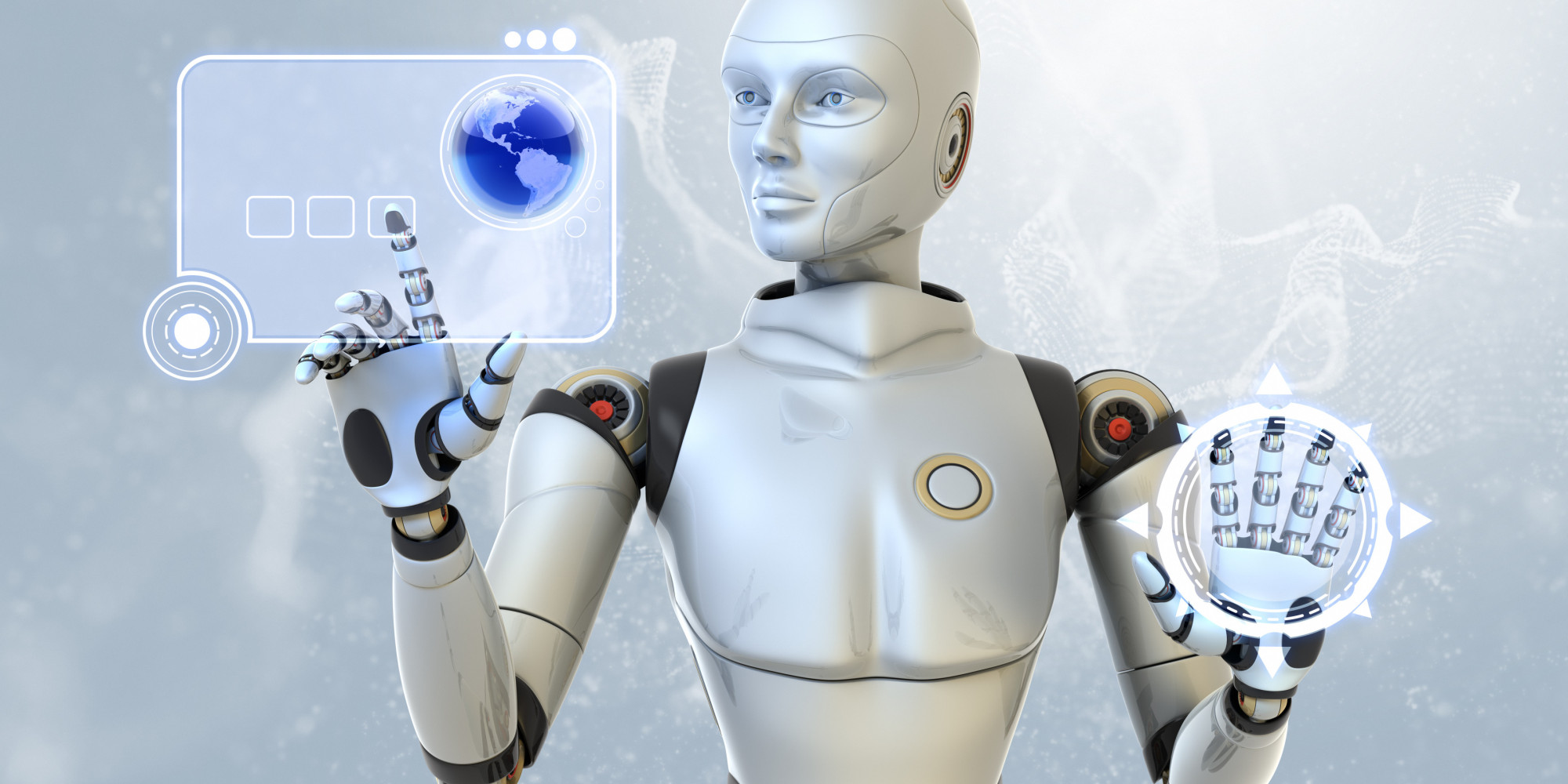It’s no secret that artificial intelligence has made immense progress through the years—what started out as a basic chatbot has now progressed into a revolutionary technology that can do things with little to no human assistance. What used to be a wild dream of the future is now becoming an increasingly common part of the present.
Bots are now an integrated aspect of everyday life, yet many people don’t even realize it. Think about it: How often do you ask Siri a question? Or use facial recognition to unlock your phone? Artificial intelligence has slowly merged with regular human activities, making us reliant on such technology to perform even the most basic tasks. What used to be normal now seems archaic—you’re not going to use a paper map if you can instantly look up a location and be given the fastest route, along with the amount of time it will take to arrive.
Bot technology has already progressed at an exponential speed and will only continue to do so. With the development of NLP (Natural Language Processing) and ML (Machine Learning), robots are becoming more like humans—some even outperform us in certain areas.
Should we depend on robots and their ever-evolving applications? Trusting in technology can be unnerving, but there are many ways that AI could evolve and benefit us.
Medical and Psychology Possibilities
The first chatbot was created as a psychology conversation bot, so it’s no surprise that bots are still being developed for similar purposes. Because bots use ML and NLP to identify moods, emotions, triggers, and symptoms based on what humans say, it is predicted that bots will soon be able to create customized programs for individuals and even identify suicide risk factors in patients.
A large part of medical research is filtering and analyzing data sets. Through its incredible ability to extract useful data and pinpoint patterns, AI is key in future medical developments. Microsoft is currently working to remedy cancer with AI assistance. Even if it doesn’t identify a cure, it could still produce large quantities of advantageous data that could be utilized for other medical advancement purposes.
Automotive and Traffic Improvements
Self-driving cars are not a new reality these days. However, many accompanying aspects are unfamiliar to most. Small elements that weren’t initially thought of are being manifested and taken into consideration. The idea of self-driving cars used to be so outlandish that not everyone thought of the future challenges of predictive turn signals and automatic braking. Tesla has made incredible headway in the industry with the most advanced self-driving car features and now is moving forward with automated turn signals. Fully automatic self-driving cars may be closer than we think.
Smart traffic lights are under development and it’s projected that they will decrease wait times at stoplights and overall travel time. By reducing the time we spend driving, it is predicted that fuel expenditure will decline, cutting down on vehicle emissions and improving overall air quality.
Educational and Academic Use
One of the challenges in traditional education has been the lack of individual student focus. Some students struggle to keep up with the rest of the class, while others find themselves well ahead of the curriculum, and teachers aren’t able to continually cater to the needs of those few. With current and future advancements in AI, the curriculum can be personalized for individual students, tracking their progress and tailoring programs based on student needs and level of comprehension. Such personalized tracking may identify students who are at risk of failure or dropping out, alerting teachers and administrators so they can provide the help necessary to those students so they can be successful.
Banking and Financial Benefits
Bots are already being used frequently in banking and finance to deposit checks through mobile devices, create budgets and record expenditures, and prevent fraud by tracking individual spending patterns. As machine learning continues to improve AI in this field, bots could be used as financial advisors to help make investment decisions and influence purchase behavior. Bots could also be utilized to take over accounting and bookkeeping tasks, potentially with more accuracy and efficiency, and reducing the overall cost of paying employees.
Cryptocurrencies have evolved rapidly into a common form of payment, and it’s predicted that they will continue on the same path. Blockchain technology is already used in online banking and cryptocurrency transactions. As it is further developed, blockchain will reinforce security measures already in place. This will create safer environments for online investments.
Though it is important to be cautious when trusting in technology and its current uses, it is critical that we also acknowledge the groundbreaking improvements it is making in our everyday lives. AI is producing realities that were formerly only imaginative thoughts and the progress of AI and bot technology is accelerating the formation of solutions to issues that could not be resolved without it.



